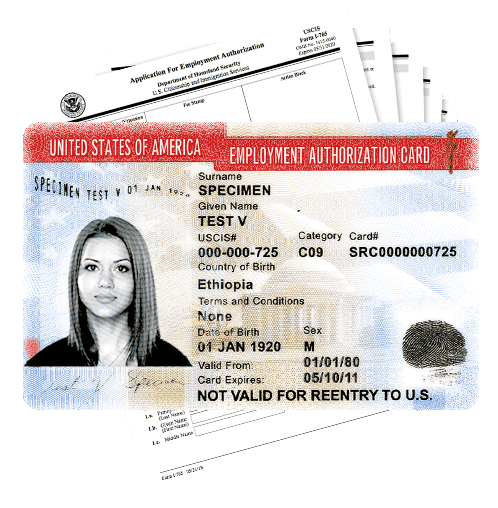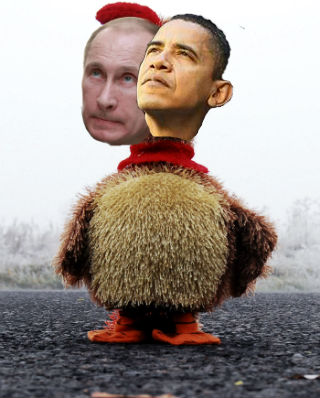I got into big trouble for writing “Dear Sir” without the “Madam”. The salutation as I have been accustomed to doing it was, for decades, the manner of addressing judges when their gender was unknown. This was the norm and no one batted an eye. It just happened that the judge who was assigned this matter was female, and wasn’t about to let me off the hook for what she regarded as a sexist. True, I still sometimes find myself using words like mankind in the biblical sense when I mean both sexes. I thought everyone understood that. Apparently, I am bit behind the times. I must have missed the revolution in the way we speak. But To tell the truth, I think the English language is in a bad way. We now use words to hide rather than express what we truly mean.
It occurred to me as I read a summary put out by Planned Parenthood of last term’s session of the Texas legislature which banned funding for abortion, that we use words to conceal and obfuscate meaning, rather like lawyers, to keep people from forming a true picture of what it is we are getting at.
“Unfortunately,” reports Planned Parenthood “ this session will be remembered as the "War on Women" -- when Texas legislators chose to relentlessly attack reproductive rights and access to cost saving family planning services, when Texas women lost access to birth control and breast cancer screenings, ……” Not a single mention of the word abortion which is at the heart of the matter.
In 1946, George Orwell published an essay in the British literary magazine Horizon, arguing against poor usage of English by modern writers. Orwell felt that the decline of their language had political and economic causes. Boy was he right. Language, Orwell said, becomes ugly and inaccurate because our thoughts are foolish. English is full of bad habits and, I might add, full of spin. As soon as certain topics are raised, we consciously begin to parse our words as not to give offense to anyone. We are like politicians trying to appeal to the broadest constituency, using buzz words that obscure our meaning and dodge the truth. Just last week I ran across a litany of perversions and linguistic swindles perpetuated in the name of what we now refer to as political correctness. The whole tendency is away from clarity and concreteness, making it difficult to get a mental picture of what is truly at stake. Consider this passage from Orwell, for example:
In our time, political speech and writing are largely the defense of the indefensible. Things like the continuance of British rule in India, the Russian purges and deportations, the dropping of the atom bombs on Japan, can indeed be defended, but only by arguments which are too brutal for most people to face, and which do not square with the professed aims of the political parties. Thus political language has to consist largely of euphemism, question-begging and sheer cloudy vagueness. Defenseless villages are bombarded from the air, the inhabitants driven out into the countryside, the cattle machine-gunned, the huts set on fire with incendiary bullets: this is called pacification. Millions of peasants are robbed of their farms and sent trudging along the roads with no more than they can carry: this is called transfer of population or rectification of frontiers. People are imprisoned for years without trial, or shot in the back of the neck or sent to die of scurvy in Arctic lumber camps: this is called elimination of unreliable elements. Such phraseology is needed if one wants to name things without calling up mental pictures of them. Consider for instance some comfortable English professor defending Russian totalitarianism. He cannot say outright, ‘I believe in killing off your opponents when you can get good results by doing so’. Probably, therefore, he will say something like this:
‘While freely conceding that the Soviet regime exhibits certain features which the humanitarian may be inclined to deplore, we must, I think, agree that a certain curtailment of the right to political opposition is an unavoidable concomitant of transitional periods, and that the rigors which the Russian people have been called upon to undergo have been amply justified in the sphere of concrete achievement.’
Today PC is turning our language on its head. The use of euphemisms has been elevated to an art through the development of political correctness. Euphemisms have always been a part of language; people have used substitute words or phrases to lessen the impact of something they want to say. Instead of calling a person a liar, one might say, "I think you may have your facts wrong." Or, instead of describing a person as being fat, you might say the person is "plump" or "heavy set." or perhaps “full-figured”. Or “she is slender” instead of “she is skinny”. These are acceptable because their use is designed to convey the meaning while sparing the feelings of those to whom our remarks are addressed.
But there is another side to this coin. When we call drug addicts victims instead of criminals even though they break the law by possessing and using illegal drugs, we are hiding behind words; when we cannot refer to God as “Him” because women might be offended, we have fallen into the abyss of political correctness; when we call “blackboards”” chalkboards” because we fear offending blacks we are beyond help. And when we can change the name of a “Manhole cover” to “Personnel access unit” then we are really sunk.
We have become too hung up on too many sensibilities. Jokes that once elicited uproarious laughter on Archie Bunker cannot even be uttered in public today. Imagine replacing the word “Nigger” in Mark Twain’s classic Huckleberry Finn (everyone says the N- word) with the word slave because of fear of offending blacks! No one is to blame for anything anymore. Everyone is a victim. So a instead of saying “blind” which makes clear that the person cannot see, we say “vision impaired “What does that mean? The blind can see but out of only one eye, or is near sighted? A bum is not a bum but a “person experiencing homelessness” and a “disabled person” is now “a person with a disability.” Are my children Native Americans because they were born here or does that just refer to American Indians?
The now iconic Dr King referred in his speeches to “negroes’ He would be taken to task today by the NAACP which now prefers the term “blacks”. “Colored” and “African-American” appear to be out of vogue. A few years ago the term “people of color” made a cameo but it too has now fallen victim to political correctness.
In a nod to the women’s movement, the “Mailman” is now a ‘Mail Carrier” and the “Fireman” a “Fire Fighter”; the old cop on the beat is no longer a policeman but rather a public safety officer... The Chairman is now the Chairperson, and the spokesman the spokesperson. And when was the last time you heard a Hollywood starlet. (I mean star) refer to herself as an actress? But most amazingly, recall when an aide to DC mayor Marion Barry got canned for referring the inadequate sum of money in his budget as a “niggardly” sum (the word means not generous, stingy, inadequate).
If this keeps up mankind will become an undefined mass of persons turned into robots of political correctness , manhandling words like mannequins, spewing verbiage like manure, but signifying nothing. Sensible persons must resist the urge to abandon their linguistic craftspersonship, honed over decades, to keep from maneuvering us into language court on a charge of linguistic homicide.
`










